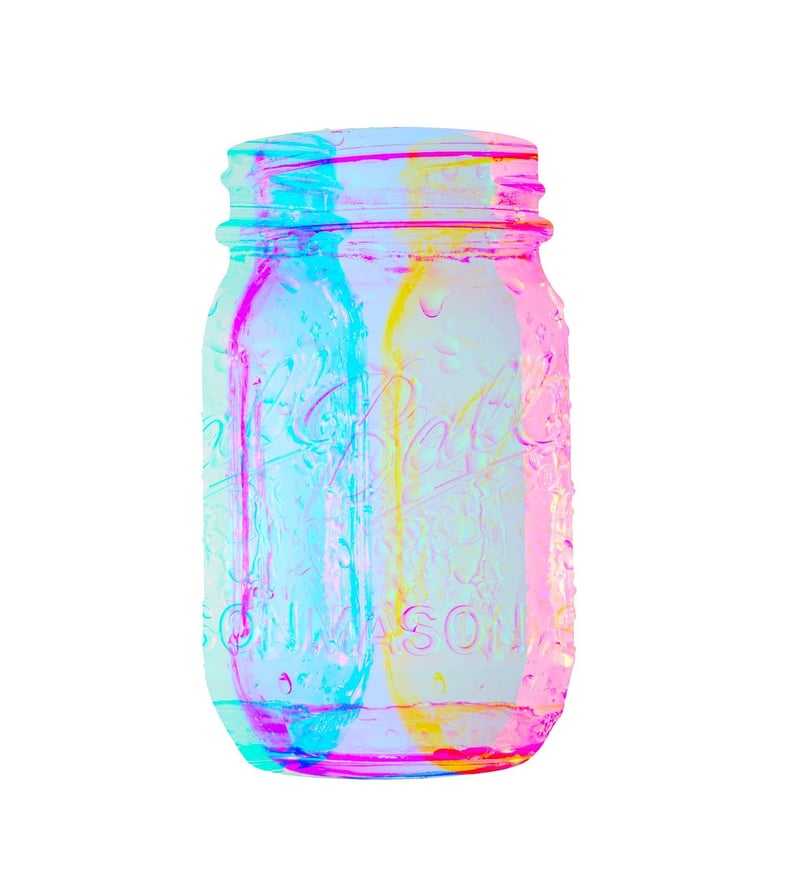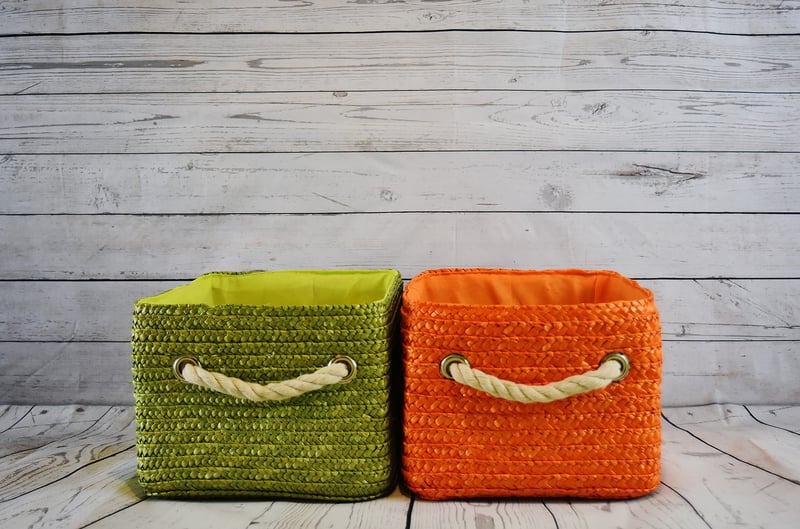Food Storage Hacks
Enhance Your Culinary Knowledge + Food Storage Hacks
The Importance of Proper Food Storage
Proper food storage is essential to maintain freshness, prevent food waste, and ensure food safety. By storing food correctly, you can extend its shelf life and preserve its quality, ultimately saving money and reducing environmental impact.
Food Storage Hacks
Here are some creative food storage hacks to help you maximize the shelf life of your ingredients:
1. Use Mason Jars
Mason jars are versatile containers that can be used to store a variety of foods, from grains and nuts to sauces and soups. Their airtight seal helps keep food fresh longer.

2. Label Everything
Labeling your food containers with the purchase or expiration date can help you keep track of what needs to be used up first, reducing food waste.
3. Freeze Fresh Herbs in Oil
Extend the life of fresh herbs by chopping them up and freezing them in ice cube trays filled with olive oil. This way, you'll have flavor-packed herb cubes ready to use in your cooking.
4. Store Leafy Greens with Paper Towels
Keep leafy greens fresh longer by wrapping them in paper towels before storing them in a plastic bag in the fridge. The paper towels help absorb excess moisture, preventing wilting.
5. Vacuum Seal Foods
Investing in a vacuum sealer can significantly extend the shelf life of foods like meat, fish, and cheese by removing air and sealing in freshness.
Expand Your Culinary Knowledge
Enhancing your culinary knowledge can not only make you a better cook but also help you appreciate food on a deeper level. Here are some ways to broaden your culinary horizons:
1. Take Cooking Classes
Sign up for cooking classes either in person or online to learn new techniques, cuisines, and flavor combinations.
2. Experiment with Different Ingredients
Challenge yourself to cook with ingredients you've never used before. This can open up a whole new world of flavors and dishes.
3. Watch Cooking Shows and Documentaries
Watch cooking shows and documentaries to gain insights into different culinary traditions, cooking methods, and food cultures.
4. Start a Recipe Journal
Keep a journal of your favorite recipes, cooking tips, and flavor combinations. This can help you track your culinary journey and inspire future creations.
5. Visit Local Markets and Food Festivals
Explore local markets and food festivals to discover fresh ingredients, unique products, and authentic flavors from around the world.
By combining proper food storage practices with a continuous quest for culinary knowledge, you can elevate your cooking skills and create delicious meals with ease.
